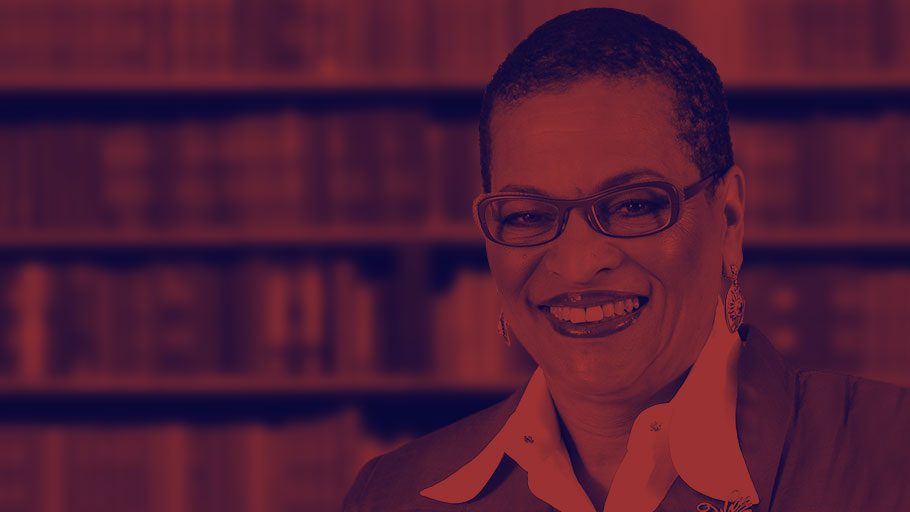We hear the words “national emergency” so often from the bloviator that masquerades as a President that we forget what an emergency really looks like. One of our most pressing crises is the educational emergency that our nation faces, with the quality of inner-city education, in particular, so lacking that many young people are graduating from high school unequipped to manage either post-secondary education or employment. This hits African American communities hardest, with an achievement gap well documented by the National Assessment of Educational Progress and the National Center for Educational statistics.
Why? Researchers like Georgia Perimeter College’s Dr. Tiffany Flowers consider everything from what happens at home to what happens at school, noting that parental involvement in literacy makes a difference in a young person’s reading ability. Some homes have bookshelves that are groaning with books, though, and others have just a few. The difference in access to children’s books may partly explain the achievement gap between Black and white students as well as between children in lower-income and higher-income families.
What are families to do? Vanesse J. Lloyd-Sgambati has one of the answers. As the founder of the African American Children’s Book Project she has, for twenty-seven years, hosted the African American Children’s Book Fair. This year it will be held on the afternoon of Saturday, February 2, 2019, at Community College of Philadelphia (CCP). With the theme, A Book Opens Up A World of Opportunities, it feeds literacy hunger, bringing together book authors, booksellers, parents, and children who are eager to experience culturally relevant literary experiences. Last year the event drew more than four thousand people, along with dozens of authors and illustrators.
Vanesse Lloyd-Sgambati is passionate about her mission, noting that many economic and cultural factors contribute to the wealth gap. “You can’t tell a child to read at home if there are no books in the household. With fewer retailers offering diverse books, the need is even greater.” Her event not only salutes those who produce diverse books but also provides young people with the opportunity to have access to books. Says Lloyd-Sgambati, “Adults who attended the program as children now bring their children. They understand the importance of having books in the home and the life-long impact of reading on the journey to success for their children.”
I am writing about this local Philadelphia event because it is the kind of activity that needs to take place all over the country. Black children’s literacy is improving, but the achievement gap is a national emergency. We combat the gap by encouraging literacy among young people, by embracing children’s literacy as a cause, and by developing traditions like the African American Children’s Book Fair to salute those who write and illustrate diverse books and to provide opportunities for parents and children to buy books.
Books, says Vanesse, “empower, enrich, and enlighten the lives of all children.” She doesn’t have to convince me. I’ve so frequently had my nose in a book, that I once wrote an essay about the ways I escaped my childhood life through reading. I was one of those kids who put books in front of my dolls and gave them lessons. Once forbidden to read a thick book because the contents were not child-appropriate, I climbed up a shelf to get the book, injuring myself but then allowed to devour the contents. I went to New York City without leaving San Francisco by reading, inhaled parts of the African continent without boarding an airplane through reading, and became livid about issues of economic justice because I had my nose in a book.
I wish the literacy experience for every young person, not only because it will influence their life experiences, but also because it can bring them joy. I commend Vanesse Lloyd-Sgambati who is, in full disclosure, a dear friend, for the work that she does to ensure that teachers and librarians have new books in their schools. Philadelphia is blessed to have her fantastic book fair. If she had the resources, she could replicate this event all over the country. When a child opens a book, she explores the world. Her book fair is a stellar commitment to children’s literacy. There ought to be a similar book fair everywhere an achievement gap is documented!














